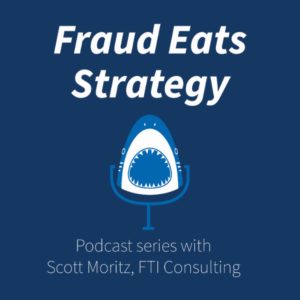
Conducting investigations in certain parts of the world can be challenging because of the business practices, language barriers and cultural differences. In some of those countries, they are discouraged or even unlawful. When you overlay travel restrictions during a global health crisis, challenging doesn’t begin to describe it.
In this episode, we discuss how global organizations are a microcosm of the countries and cultures in which they operate. Understanding the customs, languages, business practices and cultural norms is an essential part of conducting effective investigations when operating outside of the U.S. In many parts of the world, business practices and cultural norms tacitly endorse bribery, corruption, and other financial and property crimes. Companies are expected to operate within the law in each country in which they operate and to follow the standards and practices delineated in the organization’s code of conduct and corporate compliance program. Compliance programs are expected to have certain program elements including mechanisms for confidential reporting of suspected wrongdoing and an efficient, reliable, and properly funded process for investigating the allegation and documenting the company’s response, including any disciplinary or remediation measures taken.
Join us each week as we take a deep dive into the various forms of fraud across the world and discuss crime families, penny stock boiler rooms, international money launderers, narco-traffickers, oligarchs, dictators, warlords, kleptocrats and more.
Scott Moritz is a leading authority on white-collar crime, anti-corruption, and in the evaluation, design, remediation, implementation, and administration of corporate compliance programs, codes of conduct. He is also considered an authority in the establishment, training, and oversight of the investigative protocols carried out by financial intelligence, corporate security, and internal audit units.






